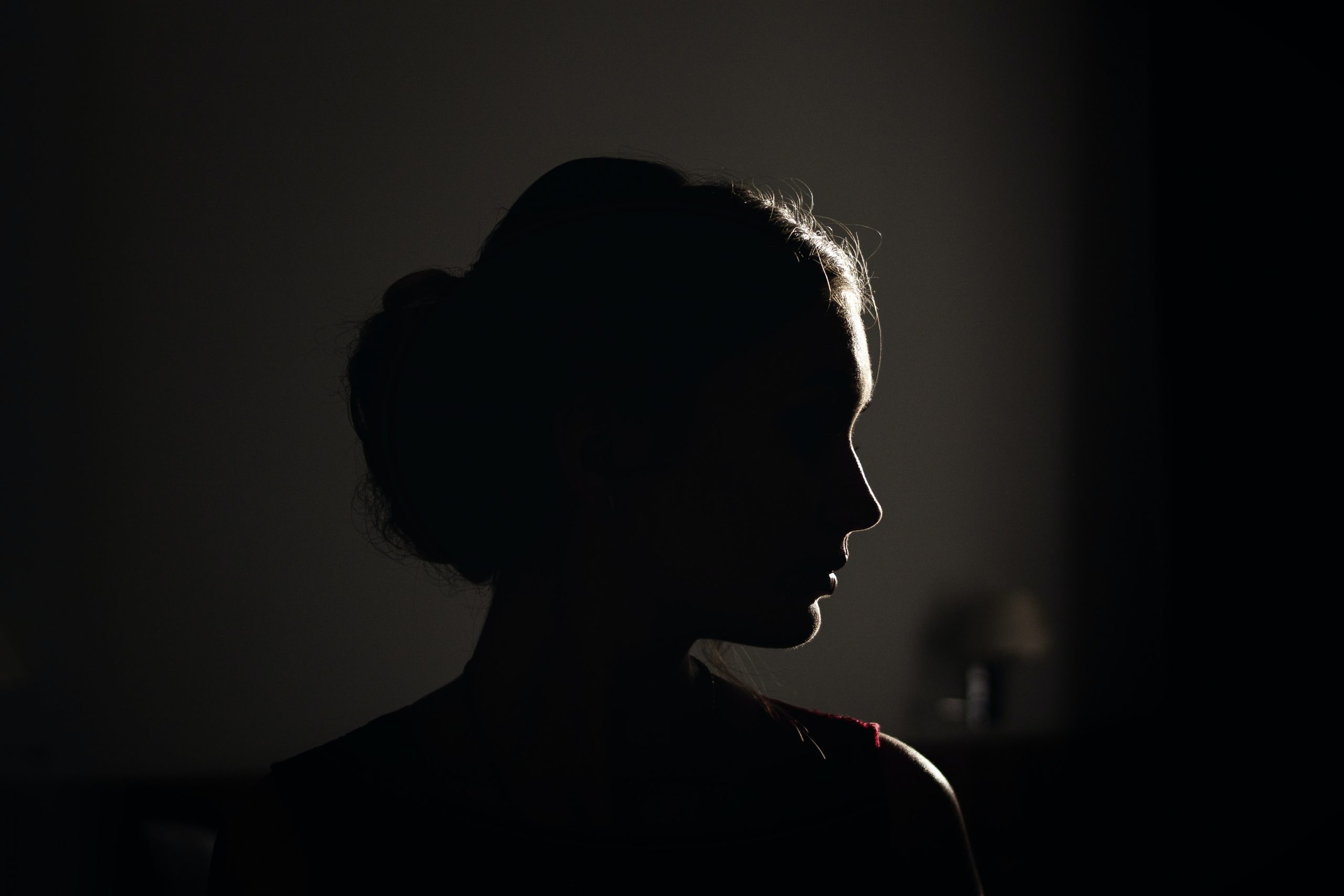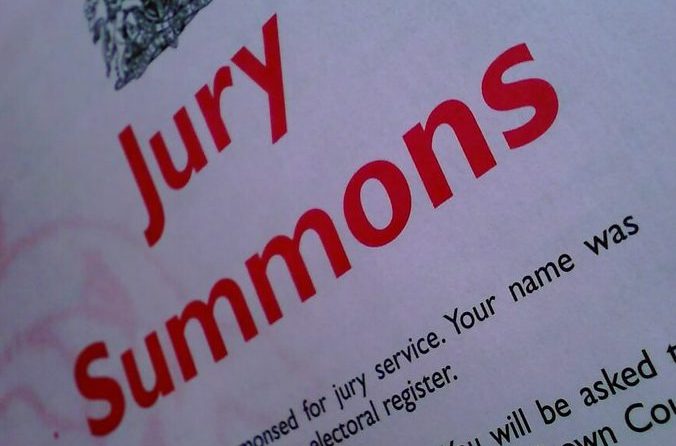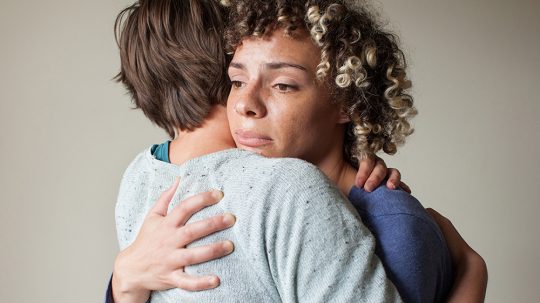Trigger warning: The following article accounts rape and sexual assault.
On Monday 19 June, the Ministry of Justice announced that it will be focusing on building trust between rape victims and the system – in order to reduce dropout rates before a trial.
In an updated Victims Code, adult rape victims will be entitled to meet the CPS ahead of a trial to understand the process and the special measures that may be available.
While the news is welcome, the CPS has been asking prosecutors to speak to victims before trial for the last 20 years. The CPS policy document ‘Speaking to Witnesses at Court’ in fact requires this of the prosecutor.
Dame Vera Baird, a British barrister and politician, stated on Twitter: “CPS doc ‘Speaking to Witnesses at Court’ tells prosecutors to speak to ALL their witnesses before trial including victims. Been in force for almost 20 yrs, (revised in 2018). Some barristers do it, but mainly for 2 minutes, just before the victim testifies. So, what’s new here?”
CPS doc 'Speaking to Witnesses at Court' tells prosecutors to speak to ALL their witnesses before trial including victims. Been in force for almost 20 yrs, (revised in 2018). Some barristers do it, but mainly for 2 minutes, just before the victim testifies. So what's new here? https://t.co/bHyC9cW7ZG
— Vera Baird DBE KC (@VeraBaird) June 19, 2023
If this guidance has not been enforced or followed for the past 20 years, more needs to be done to ensure that this time it will be different – so that others don’t have to go through what I experienced.
My story
In the summer of 2018, I finally ended a very damaging relationship with someone. I spoke to a friend about all the things that had happened and included a time that I thought we were going to have consensual sex; however, that didn’t happen.
Instead, what took place was not consensual. He wouldn’t stop, despite me crying and telling him he was hurting me. When he eventually did stop, I asked him why he did that. He smiled and said, “Women often say no when they mean yes.” I reminded him I was crying and saying no. I felt very humiliated. On telling my friend this, she said, “That’s rape; if you were crying and pleading for him to stop and he didn’t, that’s rape.” I had been in denial; I didn’t want to accept that’s what it was (I was later told by Rape Crisis that isn’t unusual).
Shortly after this conversation, I called 999 and reported everything: that he had hit me, that he used to pin me down and find it amusing, and even that I had been told by someone that it sounded like he was grooming my daughter. I also said how he’d told me two women had reported him to the police for domestic abuse and sexual assault. The operator asked, “Did he rape you?” I was crying and still in denial and said, “I don’t want to call it that.” She arranged for a female officer to come and see me a couple of days later.
When I mentioned this to my daughter, who was living with me and pregnant, she said, “Mum, why did you do that? We don’t know what he’s capable of.” (He had previously threatened to burn our house down.) I phoned the police to say I didn’t want to take things any further but was told the visit would still have to go ahead due to the nature of the allegations.
A female police officer came to my house to take an initial statement. I did not feel comfortable with her. I didn’t feel I wanted to share details of what had happened with her. A couple of days later, I received a phone call from a male officer, who was not very happy that I was “refusing to assist the police with their enquires, and unwilling to cooperate”, and because of this they were unable to make an arrest. I was scared, fearful, and I didn’t feel that I was understood or that I was reassured in any way.
The CPS had made the decision that he would be charged
I decided that despite my daughter’s fears, I needed to re-report it. I felt that if I didn’t, he might think what he had done was OK. Six months on from when it took place, I attempted to report it again; however, I was told it was too late (which I later found out was incorrect). I reported it again for a third time in 2019, this time successfully.
I was allocated a female investigating officer, who I felt comfortable with and trusted. She kept me informed and updated me when she said she would. I provided her with all the information both she and the CPS requested, including my phone – I gave it in on two separate occasions.
In March 2021, she phoned to tell me the CPS had made the decision that he would be charged. I was in shock, as I knew how few perpetrators get charged. I kept being told how it must be a really strong case for that to happen. I was allocated a SOIT [sexual offences investigative trained officer], who would support me up until the trial (and I had an ISVA [independent sexual violence adviser] from Rape Crisis).
In February 2022, the trial started. I had an ISVA with me (who I hadn’t met before, as my ISVA was on a training course) and I was very happy to have her with me – she was a huge support.
I wasn’t entitled to legal advice
One thing I found shocking was that rape victims do not receive, nor are entitled to, legal advice. In my case, I was told to just tell the truth. I had been very anxious leading up to the trial and in particular about how long I would have with the prosecutor, as I wasn’t sure if they would know everything.
I met with the prosecutor on the morning of the trial in the witness room. I had waited four years for this day and I got to spend about five minutes with him. I got to ask some questions in front of the investigating officer, the SOIT, the ISVA and someone from the CPS with a claim form for my travel expenses.
I asked if my 999 call would be played and was told it would not be as I had said things in it the jury were not allowed to hear. I was devastated. I felt that was key evidence and the jury were not going to hear it. I had cried in that call, but the jury wouldn’t hear that. Someone had decided the jury did not need to hear that. Instead, I was told, some of it would be in a written transcript and I would be cross-examined about that.
It suddenly dawned on me that the jury would not hear all the evidence
I felt defeated. I asked the prosecutor whether text messages would be read out where the perpetrator stated, “Maybe I can’t take no for an answer.” The prosecutor said they would – he seemed very confident. He said he wouldn’t ask me very much, and then he was gone.
According to the CPS guidance regarding speaking to a witness at court, in summary:
Prosecutors have an important role in reducing a witness’s apprehension about being in court. The role played by prosecutors at (or before) court is to ensure that witnesses give their best evidence. This is a core part of the prosecutor’s role and if done properly can impact positively on the quality of the witness’s evidence.
I did not feel reassured after speaking to the prosecutor; in fact, as soon as he left, I told my SOIT that I wanted to go home: if my 999 call was not going to be played, I didn’t want to go into court. She went to tell him but didn’t get to speak to him as he was back in court. I later found out that in his notes he had stated, after speaking to me, I was “happy”. I wasn’t. It suddenly dawned on me that the jury would not hear all the evidence and I did not feel confident.
It felt like we were essentially forgotten about
My ISVA and I waited all day in the witness room. We didn’t eat anything – it felt like we were essentially forgotten about. It seems that despite the court watching the video of my evidence and hearing about the case, no one seemed to remember I was in the building too.
At 3.45, I was called into court. I don’t think I have ever felt so anxious in my life; I felt I was on my own and I did not feel especially supported by the prosecutor.
The cross-examination started with questions about two women I knew, who were good friends of the defendant. I was puzzled as to why I was being asked questions about them. I later realised it was because they were going to be character witnesses.
Witness familiarisation
I received some information from Rights Of Women, who told me about something I had never heard of – ‘witness familiarisation’ – which is to prevent a witness being taken by surprise on the stand and to prevent them having to work things out for themselves. Yet that is exactly what had happened to me. The prosecutor failed to advise me that these women would be called.
My daughter was also cross-examined, as she had been one of the first people I told.
I had been strongly advised not to remain in court after being cross-examined, despite wanting to listen to the rest of the trial. I was told it would look odd and that the jury would find it strange, particularly as I had requested ‘special measures’ and had a screen around me when being cross-examined, so I did not have to see the defendant, who was in the public gallery.
On 24 February, I was told the jury had decided on a not guilty verdict. He had been cross-examined about his “maybe I can’t take no for an answer” text and had told the mostly male jury it was tongue in cheek.
I was not in a good place. This had taken four years of my life. I had reported in the hope that other women would be protected and now that wouldn’t be the case. I was in a much worse position, and now had no protection as he was no longer on bail.
I phoned the CPS as I had lots of questions and I was told to put them in writing. I did so, and heard nothing for about a week. I was distraught and having suicidal thoughts. I couldn’t believe there was no follow-up, no conversation with the CPS or the prosecutor.
I phoned the CPS again, and was told to send in my ‘complaints’ again (they weren’t complaints; they were questions) and five weeks later I received a response, Unfortunately, despite being told they had wanted to ‘fully’ respond to my questions, I felt that they were gaslighting me.
In relation to why my 999 call itself had not been edited, as opposed to partly transcribed, I was told, “had the jury heard my 999 call, it would not have assisted them with the verdict”. I asked them to explain this but they have refused. I was recently told by someone at the CPS I should not have been told that.
Transcripts must be free for survivors
I was told recently that I had the right to have a meeting with the CPS after the trial; however, I was not aware of that and none was offered. As the CPS failed to answer my questions, I requested copies of the court transcripts. However, I was told I would have to pay for them.
Ellie Wilson, who has waived her right to anonymity, has campaigned for court transcripts to be free of charge in Scotland, after having to crowdfund to afford her own transcript. The first minister Humza Yousaf recently announced that the Scottish government would commit to a pilot scheme allowing survivors in sexual offences cases to access the transcripts for free.
The system must put survivors first – basic changes can do that
In summary, I think that the system, as it is, is not fit for purpose. The system lacks empathy and must place the processes and elements of the system, including the police and the CPS, under the same scrutiny as the participants in the trial, particularly survivors. We cannot live in a society where the system adds trauma to the person trying to seek justice.
Rape survivors should be entitled to some legal advice and they should be able to choose to remain in court, or hear the rest of the trial. As a consequence of me being told I couldn’t, I still have lots of unanswered questions. Finally, transcripts of the trial should be free for the survivor, so that if they are unable to remain in court, they can later find out what was said.
Prosecutors should take the time to speak to witnesses before the trial, give the witness information they are entitled to and speak to the witness after the trial, particularly after a not guilty verdict, even if it’s just to commiserate that the verdict wasn’t the one we had hoped for.
The views expressed in this article are those of the author and do not necessarily reflect the views of EachOther.
About ‘The Inspired Source’ Series
This series is part of our work to amplify the voices of aspiring writers that are underrepresented in the media and marginalised by society. Each piece examines a human rights issue by which the author or their community is affected. Where possible, authors outline a position on how we might begin to address the issue. Find out more about the series and how to send us a pitch on this page.




